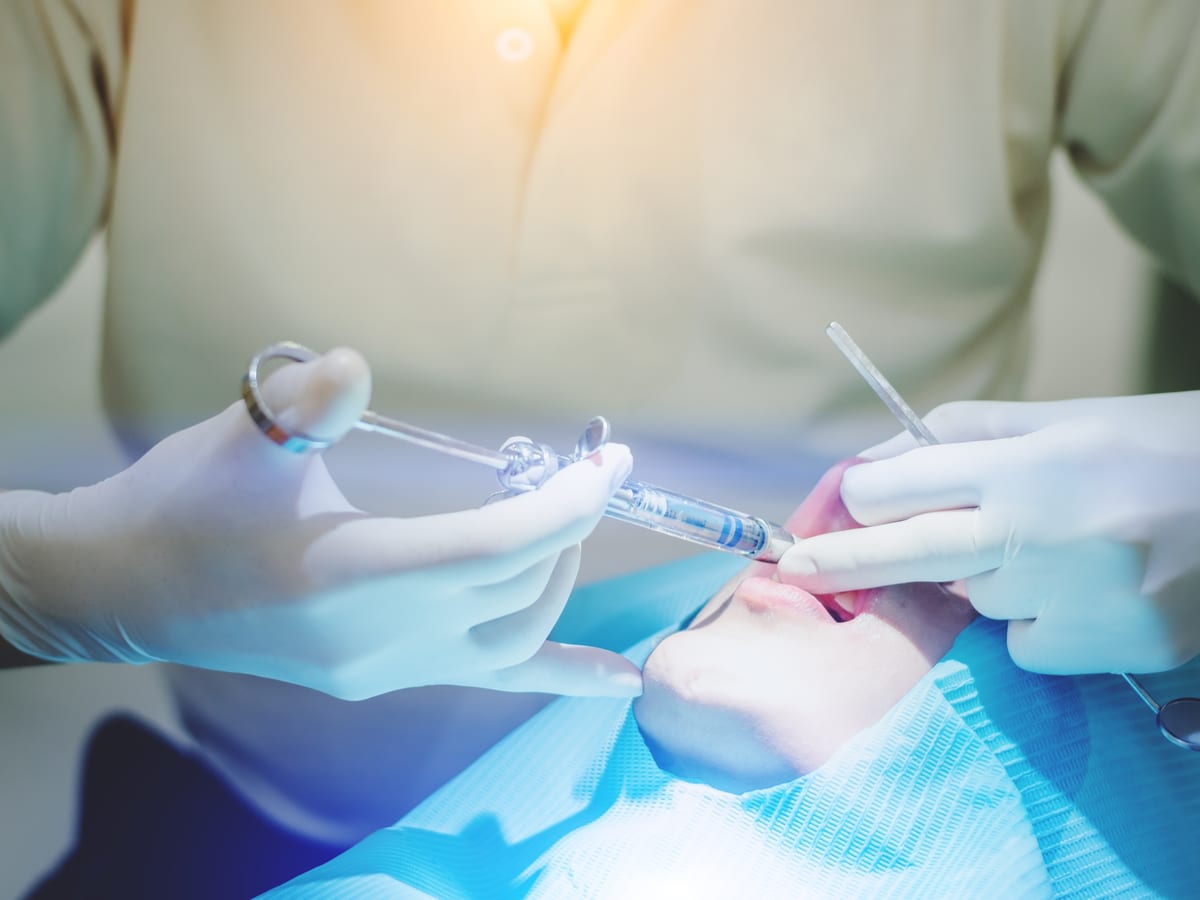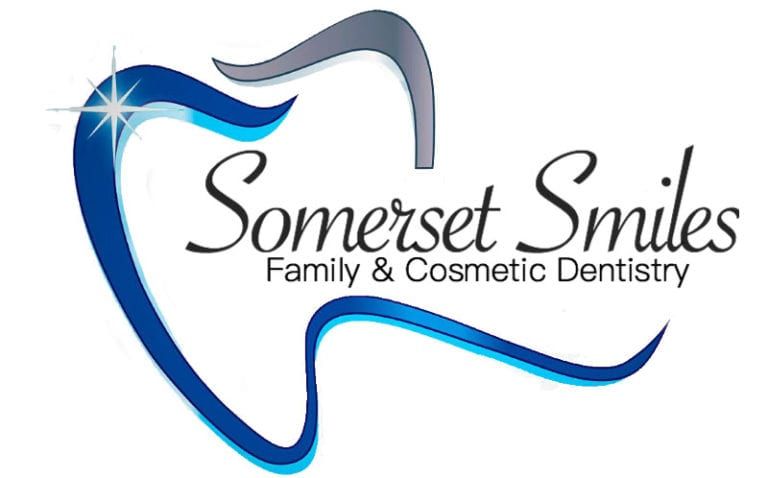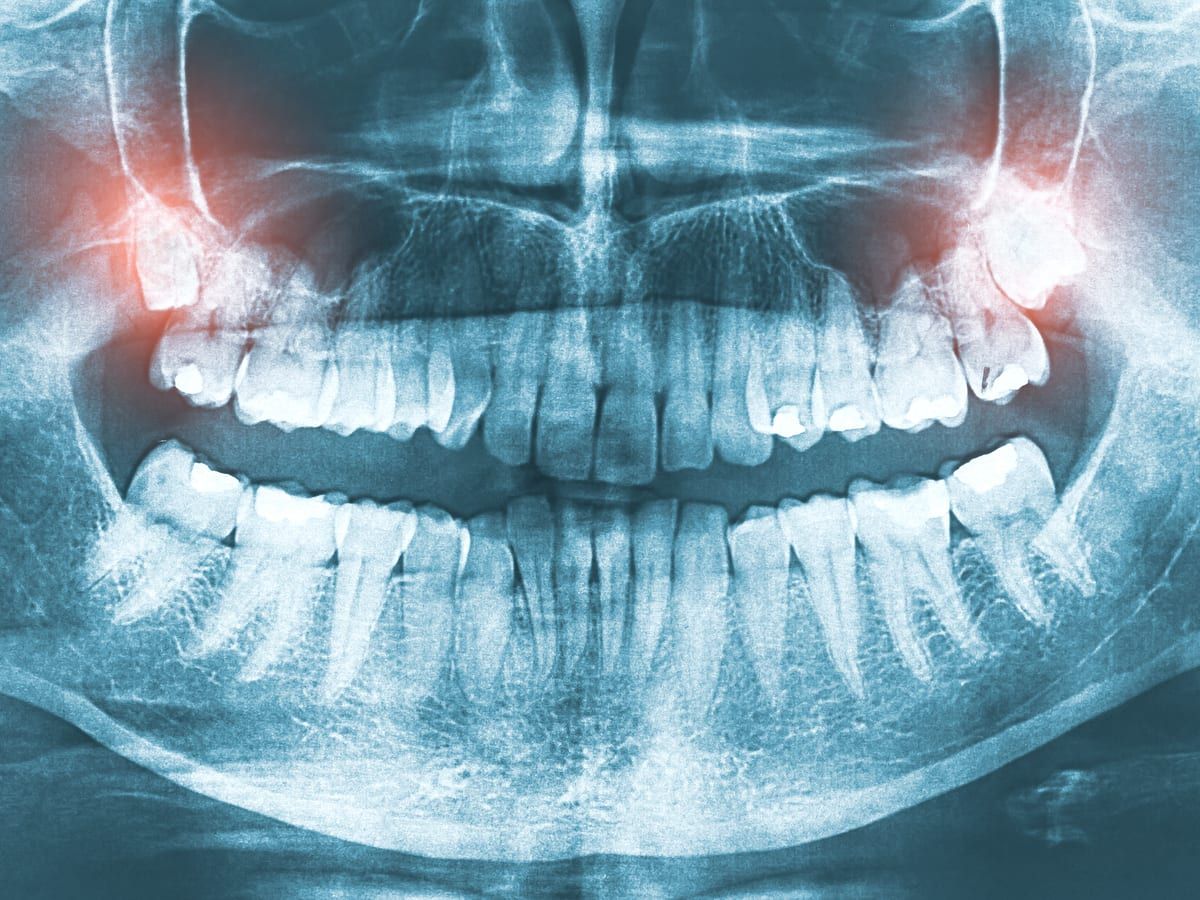Your dentist may inform you that your wisdom teeth need to be removed in the event that they are causing you pain or discomfort. In other cases, your dentist may discover that your wisdom teeth are going to begin causing problems in an otherwise healthy mouth if they are not removed. When this happens, they will discuss it with you and develop a plan for their extraction.
Why Do I Need My Wisdom Teeth Removed?
Removal of wisdom teeth is an experience that the majority of dental patients will experience in their lives. These teeth were useful to our ancestors in the consumption of more difficult to digest foods, including raw grains. In modern humans, however, they can cause problems due, in part, to the lack of room in our more evolved mouths. They typically begin erupting, or coming in, for patients between 17 and 25. Extraction of wisdom teeth typically occurs for the following reasons:
- Impaction – The extreme rear placement of wisdom teeth in our mouths can often prevent their natural movement into our mouths. In the event that they become trapped between the gums, jawbone, or adjacent tooth pain can result.
- Wrong Orientation – In some cases, wisdom teeth will attempt to come in at an angle that impacts neighboring teeth. The resulting pressure can crack or fracture one or both teeth.
- Insufficient Room – In most patients, there simply isn’t room for an additional set of teeth.
- Gum Disease Or Cavities – The placement of wisdom teeth can make them difficult to care for, even in patients in whom they’ve come in without incident.

What Should I Know Or Do Prior To Wisdom Tooth Extraction Surgery?
You’ll receive a consultation with our oral surgeon, during which they’ll take the time to prepare you for your procedure properly. During this consultation, there are a few things you should do:
- Inform them of any other health problems you’re experiencing
- Provide a list of any medication you are presently taking
- Tell the surgeon about any concerns or questions you may have about the procedures
- Have them explain the anesthesia that they’ll use and what you need to do to prepare
After you have asked these questions, it’s important to make arrangements for your procedure. These can include having a ride home, pet or child care, and time off from work to recover from the surgery.
What Happens During My Dental Surgery?
Wisdom tooth extraction surgery is a fairly straight-forward process that typically takes under an hour to complete. Prior to the procedure beginning, you’ll receive one of three different types of anesthesia. These three types are:
- Local: Local anesthesia focuses on the area being operated on. Your dentist may administer mepivacaine, novocaine, or lidocaine as part of the procedure. In some cases, you’ll also receive nitrous oxide, commonly known as laughing gas, to help ease your mind during surgery. You’ll return to alertness rapidly after the procedure.
- IV Sedation: You will be anesthesia via an IV, as well as your mouth being numbed. It’s possible that you will remain asleep throughout the entire procedure.
- General: Gas or an IV will be used to administer an anesthetic that renders the patient unconscious during and for up to an hour after the procedure. A ride home is required for this kind of anesthesia.
It may be that your dentist will need to cut through your gums and bones in order to reach the teeth and extract them. Stitches will be applied, in this instance, to assist the healing process. These stitches can dissolve and will fall apart after a few days.
After My Surgery
Following your surgery, there are a few points of self-care you’ll want to practice to help you heal. We’ve listed these out below for easy reference following the procedure:
What To Do:
- Tend bruising and swelling with topical application of an ice pack
- Ease your sore jaw with moist heat
- Strengthen your jaw by opening and closing it gently
- Stick to a soft diet until you’re done healing
- Hydrate frequently
- Return to normal oral health practices on day two
- Take the medication prescribed for pain or swelling
- Contact your doctor to resolve any residual pain, swelling, or fever.


